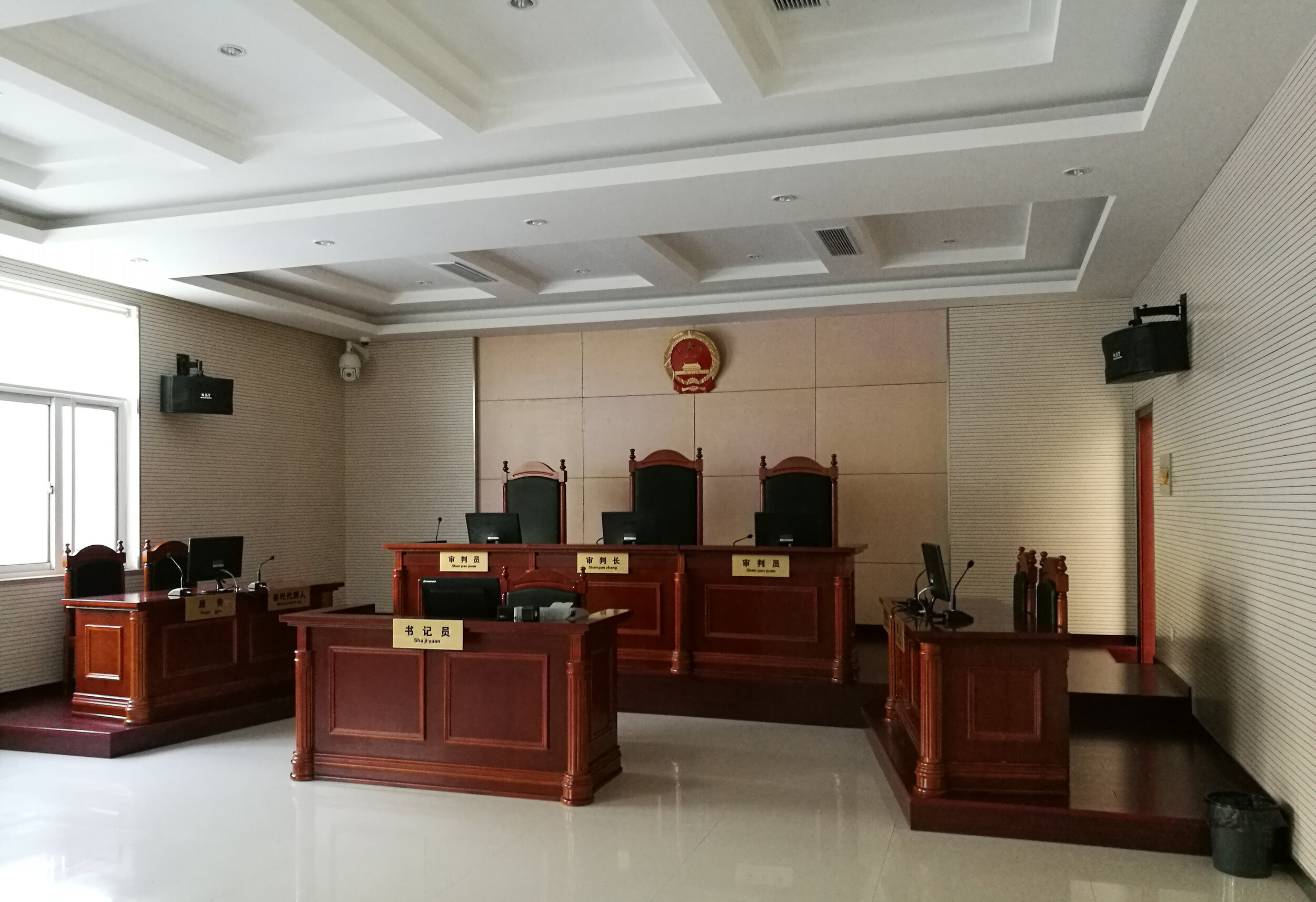Discovery to Aid Litigation Outside of the United States
The American legal system allows litigants to compel the production of far more evidence before trial than many other systems. And it does not limit this power to proceedings taking place within the United States. Instead, pursuant to statutes like 28 U.S.C. § 1782 or CPLR 3102(e), litigants can ask American courts to compel discovery for use in proceedings abroad.
Although 28 U.S.C. § 1782 is not the only statute that permits discovery for use abroad, I will refer to that kind of discovery generally in this post as “Section 1782 Discovery” just to make it a little easier to read.
Why should you continue to read this post about Section 1782 Discovery?
You’re interested in getting evidence in America for your litigation in another country
You received a subpoena demanding evidence for a lawsuit in another country and you’re unsure how that can be legal
You refused to read the Wikipedia post on the same subject because it did not have any images
Chinese courtroom (Image Credit)
Section 1782 Discovery Can Be Used to Demand Documents and Depositions
A lawyer can use a Section 1782 application to obtain the authority to issue a subpoena in the United States. Parties generally issue subpoenas in the United States to non-parties to compel the production of tangible evidence and deposition testimony.
A subpoena to produce evidence, however, may not be limited to the production of documents. For example, a subpoena issued pursuant to Section 1782 may demand the production of a blood sample.
Courts Apply Certain Criteria to Decide Section 1782 Applications
Section 1782 is a discretionary statute. It does not require a court to grant a request for discovery, it only enables a court to do so when the following requirements are met:
the person from whom discovery is sought resides (or is found) in the district of the district court to which the application is made
the discovery is for use in a foreign proceeding before a foreign or international tribunal, and
the application is made by a foreign or international tribunal or any interested person.
Although some statutes, like CPLR 3102(e), limit discovery to situations where a non-U.S. court issues a formal letter request (called a “letter rogatory”), Section 1782 allows a request to be made by “any interested person.”
Even after these requirements are met, courts may apply other factors to determine whether to exercise their discretion to grant the request. The Supreme Court named the following applicable factors in Intel Corp. v. Advanced Micro Devices, Inc.:
Whether “the person from whom discovery is sought is a participant in the foreign proceeding,” because the court may not want to order a party to produce evidence if the party is already subject to the jurisdiction of the foreign court, which could have ordered the discovery itself if it believed it was appropriate;
Whether “the foreign tribunal … [has] receptivity … to U.S. federal-court judicial assistance” because the court may not want to order a party to produce evidence if the foreign court does not want to hear it.
Whether the “request conceals an attempt to circumvent foreign proof-gathering limits or other policies of a foreign country or the United States” because the court may not want to enable a litigant to use American discovery law to subvert a legitimate policy; and
Whether the request is “unduly intrusive or burdensome.”
Interested Parties Can Object to Section 1782 Discovery
Although courts routinely grant Section 1782 applications, parties have opportunities to object to them.
First, after a party makes a Section 1782 application, the court may order the applicant to notify other interested parties (such as the defendant in the foreign action and the intended recipient of the proposed subpoena) of the application so that they may object to the application.
Then, even if the court grants the Section 1782 application, the other interested parties may object to the subpoena on the same grounds that they may object to a subpoena issued in domestic litigation. These grounds may include that the request is unduly burdensome, that some law protects the evidence from disclosure, or that the evidence is irrelevant to the underlying litigation. If the parties cannot agree on whether the objections are appropriate, the objecting party may ask the court for a protective order to limit the discovery (or to cancel or “quash” the subpoena). Alternatively, the party that issued the subpoena may ask the court for an order that compels the subpoena recipient to comply.
